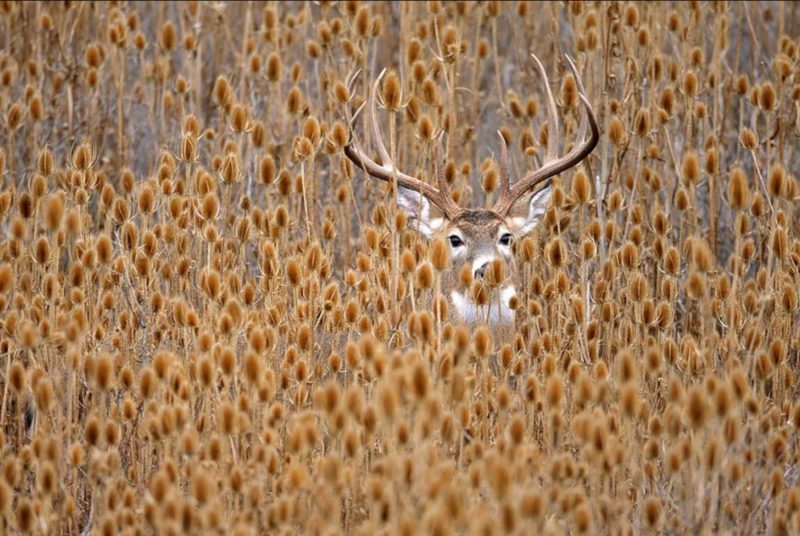
This dharma
is such that it cannot be attained
by groping or searching about. In the realm
of seeing, knowledge perishes. At the
moment of attaining, mind
is surpassed.

This dharma
is such that it cannot be attained
by groping or searching about. In the realm
of seeing, knowledge perishes. At the
moment of attaining, mind
is surpassed.

The essential thing in studying the Way is to make the roots deep and the stem strong. Be aware of where you really are twenty-four hours a day. You must be most attentive. When nothing at all gets on your mind, it all merges harmoniously, without boundaries — the whole thing is empty and still, and there is no more doubt or hesitation in anything you do. This is called the fundamental matter appearing ready-made.
As soon as you give rise to the slightest bit of dualistic perception or arbitrary understanding and you want to take charge of this fundamental matter and act the master, then you immediately fall into the realm of the clusters of form, sensation, conception, value synthesis, and consciousness. You are entrapped by seeing, hearing, feeling, and knowing, by gain and loss and right and wrong. You are half drunk and half sober and unable to clean all this up.
Frankly speaking, you simply must manage to keep concentrating even in the midst of clamor and tumult, acting as though there were not a single thing happening, penetrating all the way through from the heights to the depths. You must become perfectly complete, without any shapes or forms at all, without wasting effort, yet not inhibited from acting. Whether you speak or stay silent, whether you get up or lie down, it is never anyone else.
If you become aware of getting at all stuck or blocked, this is all false thought at work. Make yourself completely untrammeled, like empty space, like a clear mirror on its stand, like the rising sun lighting up the sky. Moving or still, going or coming, it doesn’t come from the outside. Let go and make yourself independent and free, not being bound by things and not seeking to escape from things. From beginning to end, fuse everything into one whole. Where has there ever been any separate worldly phenomenon apart from the buddhadharma, or any separate buddhadharma apart from worldly phenomena?

If you can refrain from producing a single thought, you’ll be forever freed from birth and death, and will not be bound up by birth and death. You go when you want to go and sit when you want to sit — what further concern is there?
Don’t go crazy; I suggest to you that it would be better to stop and not be obsessed with anything. The moment a thought flashes through your mind, you’re a minion of the devil, an immoral worldling.
Just do not stick to sound and form externally, and do not conceive of subject and object internally. In essential being there is neither ordinary nor holy — what more would you learn? Even if you learn a hundred thousand marvelous doctrines, you’re just a sore-sucking ghost; it’s all mere fascination.
I do not mean to slander him about this, but this is why Buddha spewed out so much spittle of expedient means, to teach you to be free. Don’t search outside. As long as you don’t acquiesce, you want to collect unusual sayings and store them in your chest, so you can talk cleverly, getting by on glibness, hoping to be acknowledged by people as a Chan master, wanting to obtain a position of prominence.
If you entertain such views, someday you’ll go to hell where your tongue will be pulled out.
My perception is not that way. Here I have no Buddha and no Dharma. Bodhidharma was a smelly old foreigner, the bodhisattvas of the tenth stage are dung haulers, the equally and subtly enlightened are immoral worldlings, bodhi and nirvana are donkey-tethering stakes, the twelve-part canonical teachings are ghost tablets, paper for wiping pus from sores, those who have attained the four fruitions, the three ranks of sages, and those from initial inspiration to the tenth stage are ghosts haunting ancient tombs, unable to save even themselves. Buddha was an old foreigner, a piece of crap.
Good people, don’t make the mistake of putting on a garment of sores.
Here I have no doctrine at all to give you to interpret. I don’t understand Chan myself, and I am no teacher. I don’t understand anything at all, I just consume and excrete. What else is there?
I urge you to be free from concerns, promptly stopping your search; don’t learn aberration and madness. Everybody carries around a corpse, traveling, licking up the slaver of the old baldies wherever you go. Imbibing their drivel, you immediately proclaim that you are going into samadhi, cultivating capacities, accumulating good deeds to nurture the embryos of sagehood in hopes of fulfilling the realization of Buddhahood. This radiant void is unobstructed, free: it is not something you can attain by embellishment.
You are people of the present time; don’t seek somewhere else. Even if Bodhidharma were to come here, he would just tell you to be without affectations; he would tell you not to be contrived. Dressing, eating, excreting, there is no more “birth and death” to be feared, and no nirvana to be attained, no enlightenment to be realized. You’re just an ordinary individual, without affectations.
Do you want to know? It’s just a void, with nothing to attain, pure and clear everywhere, radiant with light, thoroughly translucent inside and out. There is no affectation, no dependence, nothing to dwell on. What are you concerned with?
treasury of the eye of true teaching

Emperor Wu
of Liang asked Bodhidharma,
“I have built temples and had monks
ordained without number: what merit is there
in this?” Bodhidharma said, “There is no merit.”
The emperor said, “Why no merit?” Bodhidharma
said, “These are just the lesser fruits of gods
and men, causes of defilement: like
shadows following shapes,
though they’re there,
they’re not
real.”
The Emperor
said, “What is true merit?”
Bodhidharma answered, “The subtle
perfection of pure wisdom, its essence naturally
empty and still. Such merit is not to be sought with worldly
means.” Only then did the Emperor ask, “What is the
highest meaning of the holy truths?” Bodhidharma
answered, “Empty, without holiness.”
The Emperor said, “Who is facing
me?” Bodhidharma replied,
The Emperor
did not understand, so
Bodhidharma crossed the river
into Wei. If you want to see real merit
right now, don’t look for it anywhere else,
just comprehend it in “I don’t know”.
If you can penetrate those three
words, the task of your whole
life’s study will be
completed.

The things of the world
and the buddhadharma are fused
into one whole. Everywhere in everything
you have a way out — you do not fall
into objects and states or get
turned around by
anything.
At a bustling
crossroads in the marketplace,
amid the endless waves of life — this
is exactly the right place
to exert effort.